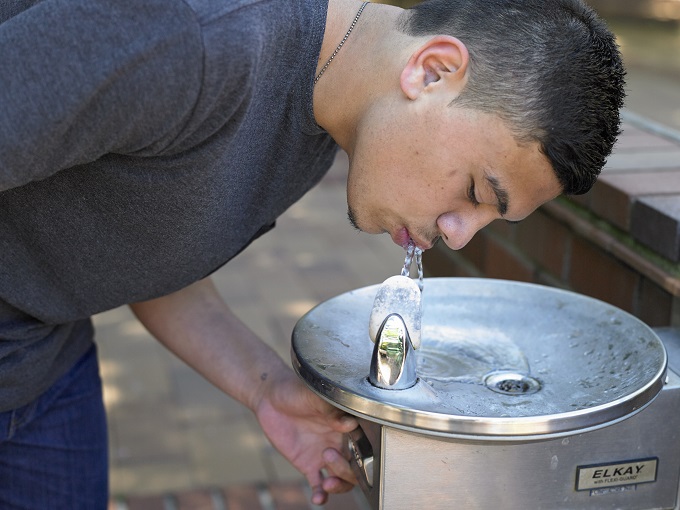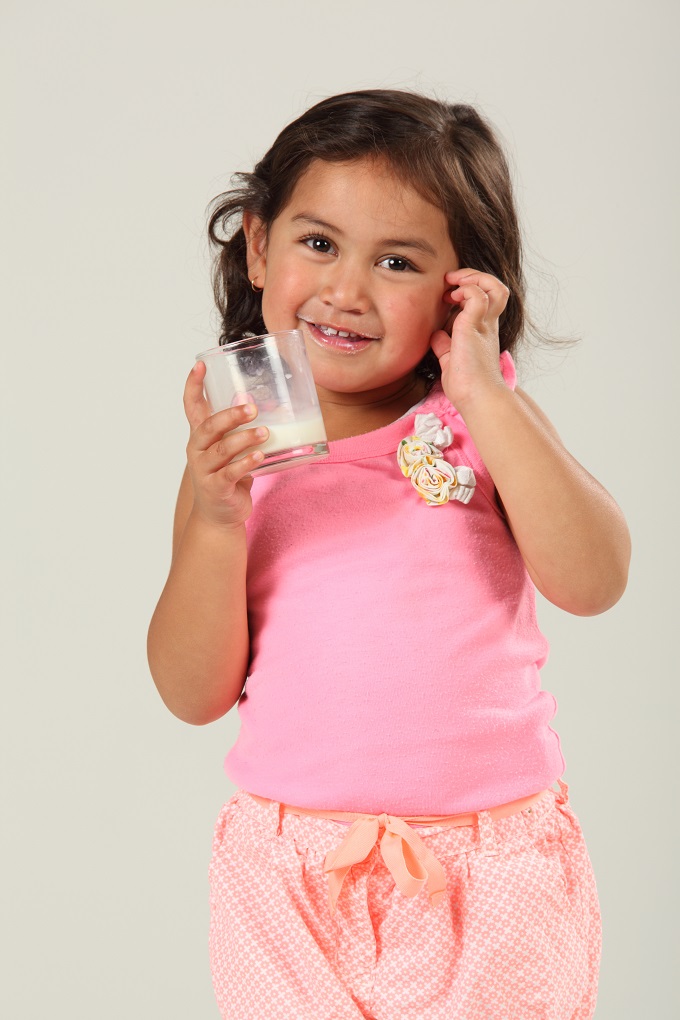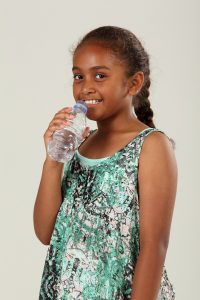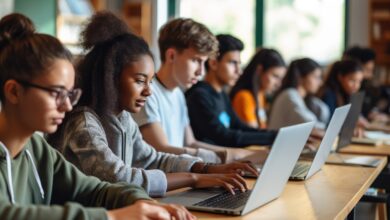Make the switch to water (and plain milk) only

Did you know that the biggest contributor of sugar to the New Zealand diet is sugary drinks?
Sugary drinks (like fizzy drinks, sports drinks, flavoured milk and juices) contribute to tooth decay, obesity and diabetes, and also make it harder for children to learn while at school.

Children should be having no more than five teaspoons of added sugar per day, according to the World Health Organisation. These sugary drinks are all too high in sugar:
- 600ml bottle fizzy drink has 16 teaspoons added sugar.
- 350ml fruit juice has 10 teaspoons of sugar.
- 750ml sports drink has 15 teaspoons added sugar.

Schools that have moved to being water and plain milk only have seen that it benefits behaviour and achievement as well as student health and wellbeing. By providing healthy drink choices in a school environment, the healthy choice becomes the easy choice and abnormalises the growing consumption of sugary drinks.
That’s why moving towards a water and plain milk only school is so important. But what does ‘water and plain milk only’ mean? It means these are the only drinks sold at school (i.e. through a lunch order system or tuckshop) and children are only permitted to drink water and plain milk at school, including during breakfast club and at school events.
As with all changes that affect the school community, it’s important to communicate and consult throughout the process. Here are some tips:
- Prepare and share your goal
Role model through staff, look for resources to support you (see below for links), communicate the aim and reasons why. Make sure water is accessible. This could include fountains outside and sinks in classes for refilling bottles.
- Engage the students
Incorporate learning about sugar into the curriculum, include hydration breaks during class. Survey students to find popular alternatives to food-based classroom rewards. A dedicated student health team could be tasked with approaching local shops to ask for their support of the policy. Being water-only can include school events like shared lunches, discos and galas.
- Develop a water only policy and guidelines
Involve the whole school community, including whanau, local shops, your tuckshop/lunch provider. There are great sample policies available as a starting point. Share the finalised policy far and wide.
- Promote your water only status
Write and talk about it often, e.g. assemblies, newsletters, social media, enrolment packs. Reward and celebrate positive behaviours. It’s important, if there are drinks sold at school (e.g. canteen or lunch order system), that the provider is on-board with this change. Where there is a written contract for food and drink sold at school, it is a good idea to include the school’s water only status in the contract.
A frequent concern is that you will be ‘telling’ parents what they can and cannot give their children. According to recent research by the Health Promotion Agency, 93 percent of parents and/or caregivers think it is important for schools to limit access to sugary drinks. If parents choose to give their children other drinks as treats, they can still do so outside of the school environment.
There is a suite of great resources available. Check out some case studies to see how going water-only has had a wide range of flow-on effects including improved dental health and classroom behaviour.
Simonne Goodall, principal of Randwick School, had this to say about going water only: “The school’s teachers have noticed better concentration and work habits from the students and a sense of responsibility for their own hydration.” Visit http://www.rph.org.nz and search ‘water only’ to read more.






